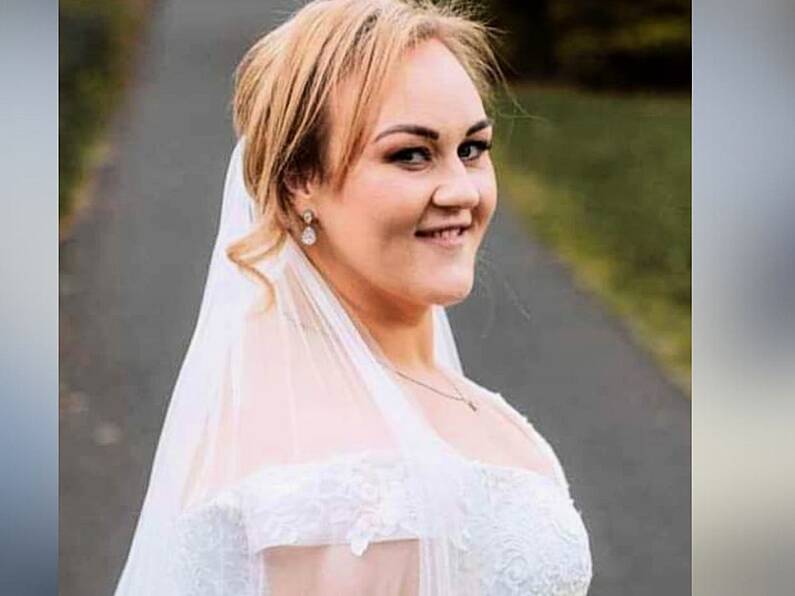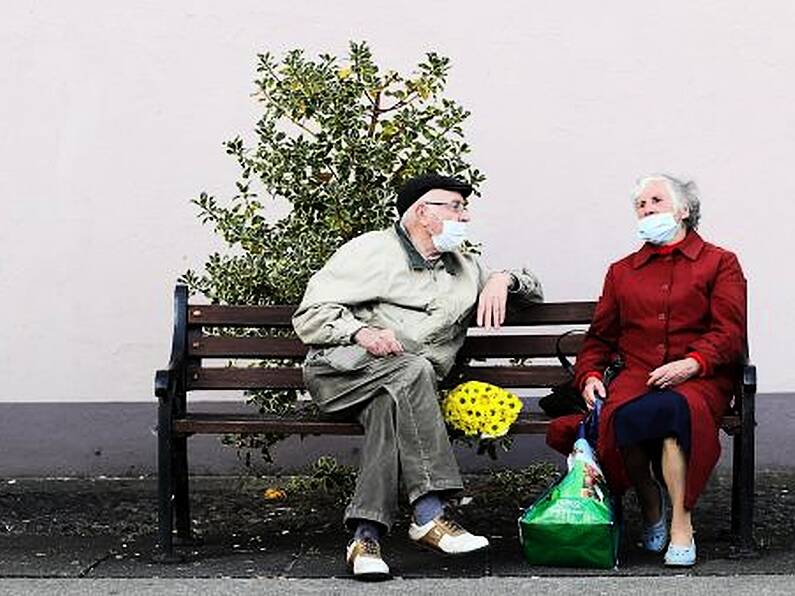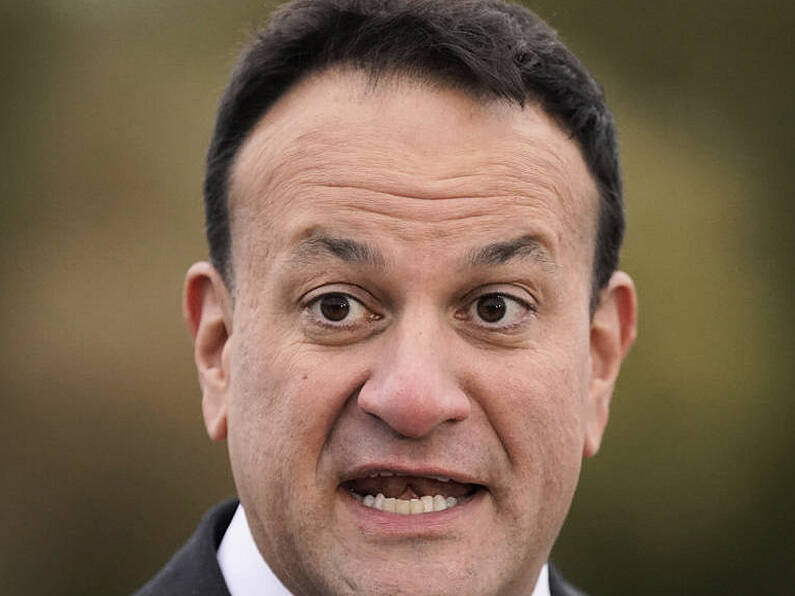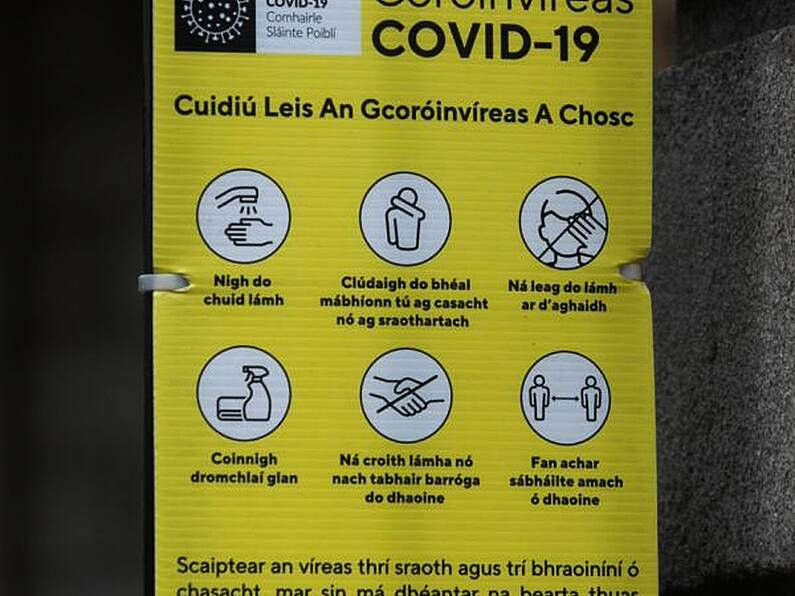Speaking in the Dail this afternoon the Taoiseach Leo Varadkar appealed for the public to continue in its support of the national objective to suppress the Covid-19 virus and flatten the curve.
He was speaking in a major Dail debate which will pass further emergency legislation to deal with the coronavirus.
The proposals, detailed in the Emergency Measures in the Public Interest (Covid-19) Bill, will prevent evictions and implement a rent freeze throughout the health crisis.
The emergency measures are part of a major effort by government to mitigate the spread of Covid-19 and the economic consequences of the virus.
The Dail also agreed to pause business at 8pm to applaud health workers following a request from the Health Service Executive (HSE).
The Taoiseach went on to say the emergency legislation is a response to an “unprecedented emergency”.
Speaking in the Dail, the Taoiseach said: “Unfortunately, we cannot stop this virus, but working together we can slow it in its tracks, push it back and put it back in its box.
“Our national objective is to suppress the virus and flatten the curve.
“We can succeed if everyone takes sustained action – nothing less will do.”
Mr Varadkar added: “As a doctor, and also as a politician, I know the value of repetition; give advice, the best advice, give it again and keep repeating until it becomes second nature and engraved.
“So I want to advise everyone in the public to follow the public health advice, and to keep following these five basic steps, simple steps to protect all of us from the virus.
“Regular hand washing; coughing etiquette; not touching your face; maintaining physical distance and staying at home if you feel unwell.”
Mr Varadkar said there was a positive side to the amount of time spent on planning for Brexit.
He said that the thousands of hours spent on preparing for Brexit leaves Ireland in a better position to deal with major issues.
“For the past three-and-a-half years, so much of our political time and energy was taken up by the issue of Brexit,” he said.
“Who would have thought quite a different crisis would bring our country to a standstill?
“But in one sense, this was valuable time, and in other circumstances might be directed at other pressing national issues.”
He added: “Today’s legislation, to last for the duration of the emergency, will freeze rents, prevent evictions and make it easier for healthcare professionals to re-register and return to work and also enable former members of the Defence Forces to rejoin at the ranks they left.
“The truth is, these are extraordinary times.”
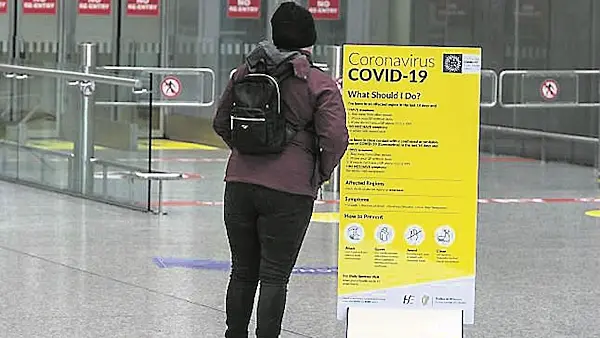
Fianna Fail leader Micheal Martin said the people of Ireland continue to face real fear and uncertainty.
Speaking in the Dail, he added: “To an extent never seen before, people are subject to major personal restrictions which limit their ability to mix with others, look after family members and go to work.
“The measures which we adopted last week and those which we are adopting today are not ones that we would even discuss in normal circumstances.
“But clearly, this unprecedented situation has justified, and will continue to justify, an unprecedented response.”
Mr Martin also said that Ireland needs a government “which can discuss and implement an urgent recovery plan”.
He called for an introduction of “some form of social partnership model”.
He added: “In Ireland we will need to develop our own national recovery plan to be implemented immediately when social and economic restrictions are significantly lifted.
“No-one can be in any doubt that in order to have the funds to pay for social supports, public services and rebuilding jobs, tough decisions will have to be made even with a significantly higher deficit.
“We already know about the massive increase in spending which must be implemented.
“I believe we need a government which can discuss and implement an urgent recovery plan. In doing this, we should certainly look at the introduction of some form of social partnership model.
“This should involve key stakeholders so that there can be real engagement and a true societal response to what will be a plan for our national recovery post-Covid-19.”

Green Party leader Eamon Ryan told the Dail that the chief executive of the HSE, Paul Reid, told him during a meeting that they did more in a week to move towards Slaintecare than they would normally do within a year.
Mr Ryan said the resources being pumped into healthcare was an opportunity to invest in the system “in every aspect”.
He added: “At a time of this radical and rapid change, it’s a chance for us to invest in a health system to bring it in the direction we want, and that will require investment.
“Similarly, if we have tens of thousands of workers and hundred of thousands who will be unemployed, we should be looking to really ramping up our public housing programme straight away, as a stimulus to come out of unemployment that may come with this economic downturn.”
People Before Profit TD Richard Boyd Barrett has called for a rent, mortgage payment and utility bill holiday or amnesty.
Speaking in the Dail, he said: “We think that a rent, mortgage payment and utility bill holiday or amnesty for people is a must.
“People who cannot work and have lost or will lose income because of this crisis, need the stress of bills, mortgage payments and rents, which in many cases are extortionate, and the potential for arrears, to be removed.”

Taoiseach Leo Varadkar's speech in full
Ceann Comhairle,
We are meeting today to take unprecedented actions to respond to an unprecedented emergency. I am grateful to you, and to all our public representatives for facilitating this vital work.
I also want to take this opportunity to pay tribute to the staff in Leinster House for going about their business with such efficiency, while following the recommended guidelines on physical distancing. Our laws derive their legitimacy, in the first place, from being passed by a democratically elected Oireachtas. Your work enables our democratic life to continue in the most trying of circumstances, and it is precisely at times like this that we need to see it in action the most.
I also wish to put on the record the constructive role played by Opposition parties and independents to date. The Government is grateful to you for your understanding, goodwill and co-operation and it has been an example of politics at its best. It shows that when faced by a common foe we can put aside our differences and work together for the good of our country, to protect livelihoods and to save lives.
Following my speech, Minister Donohoe will provide an economic overview of the Bill and give a detailed outline of what is proposed. Later, after the contributions of each party and grouping in this Chamber, Minister Humphreys will conclude by looking at the Bill more broadly and how it will affect business. In the Committee and Remaining Stages we will have Government contributions from Ministers Harris, Donohoe, English, Kehoe and Humphreys to ensure that as many of your questions and concerns can be answered.
Unfortunately we cannot stop this virus but working together we can slow it in its tracks and push it back. Our national objective must be to flatten the curve. We can succeed if everyone takes sustained action. Nothing less will do.
As a doctor and a Politician I know the value of repetition. Give the best advice and then give it again, and keep repeating it until it becomes second nature.
So I would like to advise everyone to follow the public health advice and to keep following the five key steps. Simple steps that are vital to protect us all: regular hand washing, coughing etiquette, not touching your face, physical distance, and staying at home if feeling unwell.
For the past three-and-a-half years so much of our political time and energy was taken up by the issue of Brexit. Time expended preparing for the impact of a possible No Deal Brexit. More time spent ensuring we avoided that outcome and did not see the return of a hard border on the island of Ireland.
In one sense, this was valuable time that in other circumstances might have been directed at other pressing national issues.
However there has been one positive side effect. Because of the thousands of hours devoted by our civil servants and officials to prepare for all possible eventualities – because of the work our Ministers did to ensure that we would be able to withstand the worst effects of a No deal Brexit – we are now in a better position than if we were starting to think about some of these issues for the first time.
The work spent thinking about supply lines, about the impact of a shock to the economy, the money we set aside through prudent management of our finances – all of this is now being deployed against a different kind of national threat.
We did not expect or predict a pandemic of this kind, but we were prepared for an economic crisis, and we are in a much stronger position today as a result.
So I want to reassure the public that although the challenges will be great, we are ready to face them. And although the cost of these measures will be high, we are prepared to pay the price.
We can bear it and we will be able to pay it back as a nation. We do so willingly because it is the right thing to do and because we owe it to our fellow citizens.
By maintaining the link between employees and employers and companies, it will be easier for us to bounce back when this is all over. These actions will keep our economic infrastructure intact. It will also give businesses the best chance of making it through this crisis.
We are also making sure the self-employed are covered. I know the sacrifices so many of our self-employed have made to build up their businesses and practices and I know how worried they are now.
We will do everything we can to help sustain you and bring you through this Emergency.
Today we are asking the Oireachtas to pass emergency legislation to respond to the COVID-19 emergency. Emergency actions that will mitigate the impact of the virus and enable us to provide public services.
Today’s legislation – to last for the duration of the Emergency - will freeze rents, prevent evictions, make it easier for health care professionals to re-register and return to work, and enable former members of our Defence Forces to rejoin at the rank they left.
We know that the financial impact of mass redundancies over a short period of time would have a serious impact on the ability for a business to recover, so we are extending the time-periods under which a person who has been laid off or kept on short-time due to Covid-19 can claim a redundancy payment from their employer.
So much work is taking place to help save and protect lives. For example, we have also approved a framework agreement with the private hospitals, so that they can operate effectively as public hospitals under Section 38 of the Health Act for the duration of the Emergency. This will add over 2,000 beds, 9 laboratories, critical care capacity and thousands of staff to our health service.
Some might ask why these things were not done before now – and why we have previously objected to measures such as rent freezes, a moratorium on evictions, and the co-opting of private healthcare.
The truth is that these are extraordinary times.
For example, property rights are always subject to the common good in our Constitution. I don’t think anyone would argue that this is an extraordinary situation where the common good applies.
In normal circumstances, a freeze in rents would actually make things worse, it would reduce the supply of new housing, for example. So, therefore less rental properties becoming available. But this is a temporary policy, it’s only for a few weeks hopefully, for twelve weeks.
However, that is not to say that some emergency policy changes might not make long-term policy changes.
One area is “sick pay”. Workers in low paid sectors should not have to be out of work for six days to qualify for income support. Six days is too long and is bad policy both in terms of social justice and public health.
Desperate times do not call for desperate measures. They call for composure and they call for radical responses, that will provide hope and bring maximum benefit to those who need them most.
This legislation is designed to do just that.
We will be remembered for what happened after this emergency visited our shores, and when we faced our greatest challenge. It will be the story of a great national effort to withstand the worst of it, and how every person played their part.
Finally, I want to acknowledge that this emergency has already cost lives and cost jobs, and is going to get worse before it gets better. People are afraid and are looking for reassurance. Politicians don’t always have a good reputation, sometimes deservedly so, but we do have an opportunity to shine. Not as individuals, but as a group. We can show that the ideals that first motivated us to enter politics can sustain us when our country needs hope the most.
Go raith míle maith agaibh.


